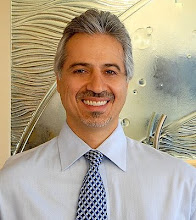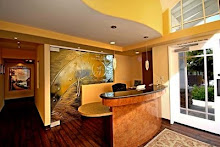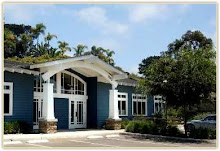The term "TMJ" is the acronym for "TemperoMandibular Joint." The TMJ is a ball and socket joint that allows you to open your lower jaw, close the jaw and move it sideways when chewing and speaking.
Everyone has two TMJ joints, each located about one centimeter in front of the ear. These are the only joints in the head and if one or both joints develop problems or become off balance, you may develop TMJ problems -- sometimes called TMD (as an acronym for TemperoMandibular Dysfunction).
There are a wide variety of symptoms associated with TMJ / TMD such as:
- Tinnitus (ringing ears)
- Jaw popping / crackling sounds
- Neck pain or stiff neck
- Ear Ache
- Shoulder pain
- Headaches
- Facial pains
- Jaw pain
- Painful chewing
- Inability to fully open jaw
- Tendency to dislocate jaw
TMJ can result from injuries to the face or jaw possibly caused by sport accidents, accidental blows to face, falls or auto accidents. Jaw and jaw joint injuries can lead to swelling, tearing of jaw or facial ligaments and cartilege which usually heal but can lead to long-term issues that are classified as TMD / TMJ problems.
People without injuries can also suffer TMJ symptoms. Bruxing (tooth grinding), tooth clenching and even misalignment of teeth after dental work can cause issues. Even problems with teeth that change in position or dimension, can cause symptoms to occur. Misaligned postures of the body, holding the jaw in an unnatural position or anything that causes undue or uneven pressures on the jaw can lead to TMJ.

Dr. Fallah has extensive training and experience in dealing with TMJ and using the latest techniques and equipment to provide relief from TMJ. The Myo-monitor used by Dr. Fallah, releases facial, neck and back tension and often relieves patient symptoms significantly on the first visit.
To find out more about Dr. Fallah's
TMJ treatment >>>








